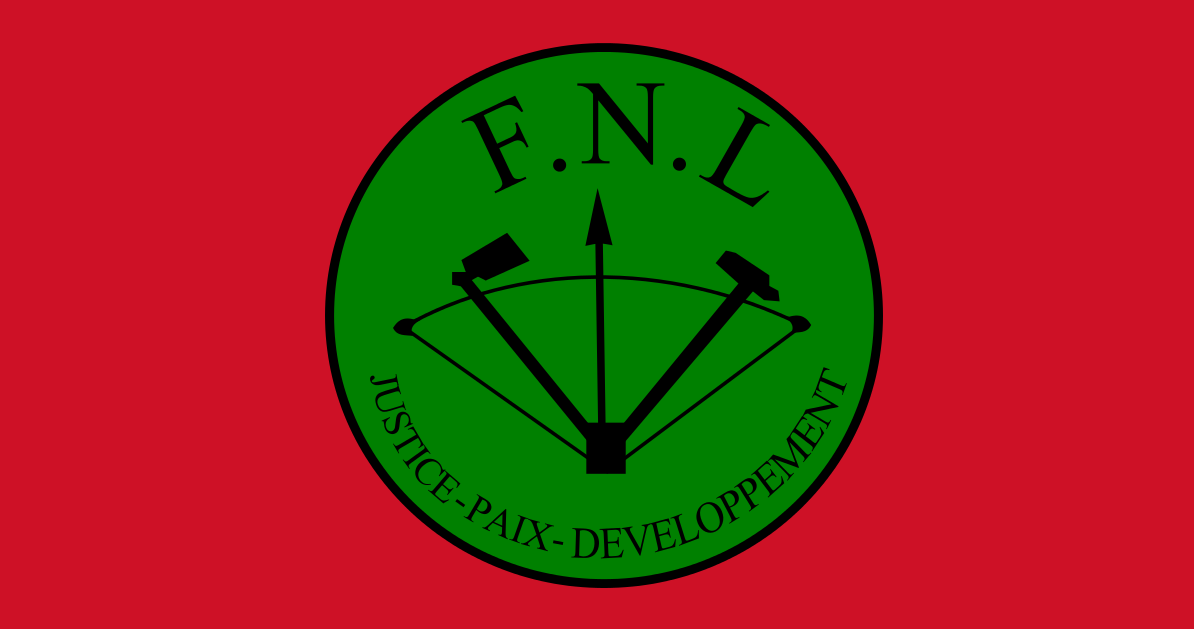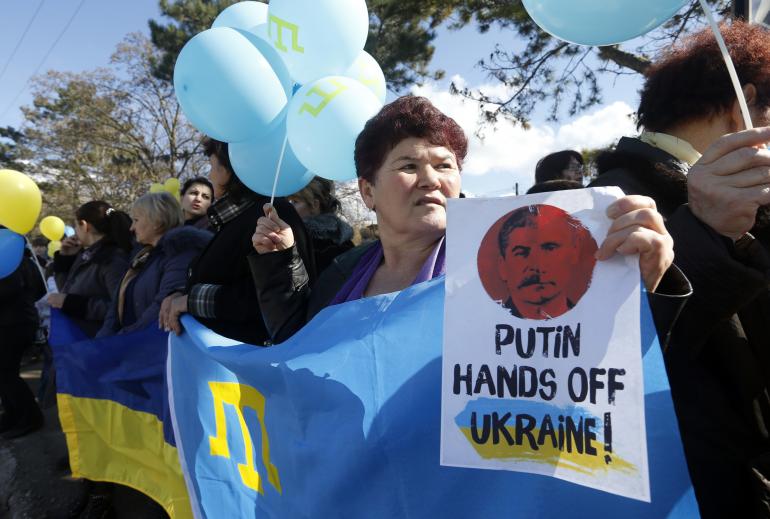
Olive branch as Burundi war spreads to DRC?
Burundi’s President Évariste Ndayishimiye announced that he is prepared to negotiate with the country’s two main rebel groups, should they reach out to his government. But it’s unclear if the rebels will do that, given ongoing operations against them. The National Liberation Forces (FNL) and the Resistance Movement for Rule of Law in Burundi (RED-Tabara) both have bases in the neighboring Democratic Republic of the Congo. The latter, the stronger of the two, has conducted a string of attacks in Burundi since 2015—the year disputed elections triggered waves of political violence. Reports suggest significant numbers of Burundian troops have crossed into the DRC in recent months to track down RED-Tabara fighters. The group is one of a number of foreign rebel movements in DRC, where nearly three million people were displaced last year. Hundreds of thousands of Burundians, meanwhile, are still living in refugee camps, afraid to return to a country where the killing and torture of ruling party opponents is rife. (Image: Wikipedia)



